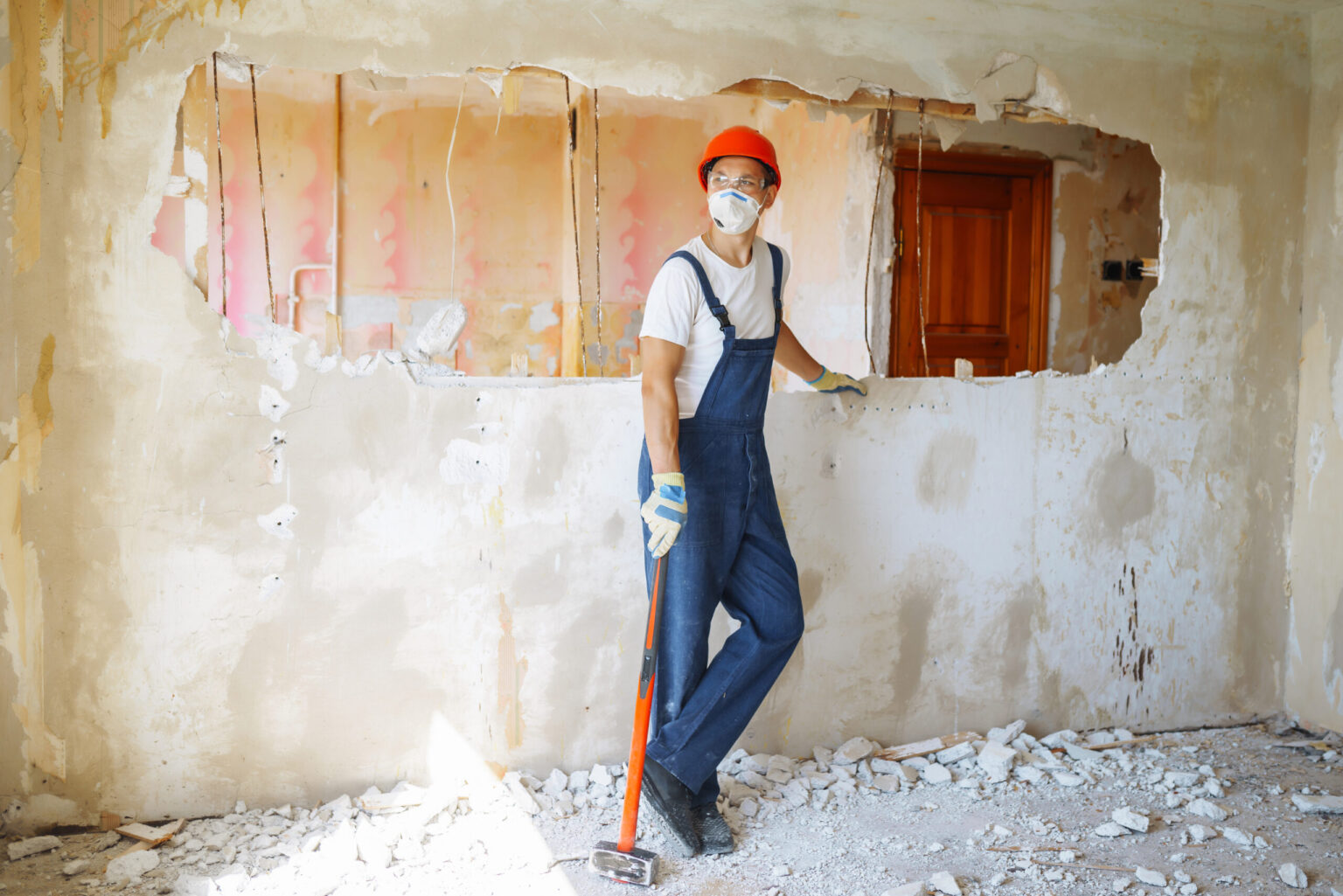The Ultimate Checklist for Flipping an Old House
Flipping an old house into a profitable investment requires more than just vision—it demands meticulous planning, a clear understanding of the market, and smart renovation choices. Before embarking on this rewarding but challenging venture, it’s crucial to know what it truly entails. From assessing the property’s potential to navigating the complexities of real estate regulations, this comprehensive guide serves as an essential checklist for anyone ready to flip an old house. Below, you’ll find expert advice to help turn a fixer-upper into a stunning, sale-ready home.
Assessing the Property: What to Look for Before You Flip

Successful house flipping starts with a detailed property assessment. Check for structural issues, pest infestations, or past water damage that could lead to expensive repairs. Additionally, the property’s location is crucial—homes in desirable or up-and-coming neighborhoods can see significant value increases post-renovation.
Next, assess the condition of the property’s electrical, plumbing, and HVAC systems. A thorough inspection can prevent unexpected costs, such as outdated plumbing issues that may require expert services like West Texas Plumbing. Consider the potential for space expansion or modifications that align with modern buyer preferences to maximize the property’s appeal and profitability.
Developing a Budget for Your House Flip: Cost Planning Essentials
A realistic budget is crucial for flipping a home, considering all costs including purchase price, renovations, holding costs, and unexpected expenses. Overestimating is essential to handle unforeseen issues without jeopardizing the project. Prioritizing tasks based on impact and cost helps guide the budgeting process.
Allocate funds where they offer the highest return on investment. Schedule renovations carefully, ensuring a detailed timeline and a cushion for delays. Keep in mind resale value when developing your budget, considering what will appeal to the broadest range of potential buyers while being cost-effective. Overestimating can lead to unforeseen issues and jeopardize the project.
Designing for the Market: Renovation Choices That Sell
When planning renovations, consider market trends and personal taste. Focus on kitchens and bathrooms for the best return on investment. Choose appealing styles and materials. Invest in energy-efficient appliances, windows, and insulation to attract eco-conscious buyers and provide long-term cost savings. Curb appeal is crucial, as the exterior of a property is the first impression prospective buyers have.
Simple upgrades like fresh paint, landscaping, and new fixtures can boost a home’s value. Consider the demographics of your target market, such as family-oriented neighborhoods that appreciate extra bedrooms or multipurpose rooms. Researching and applying market trends in renovations can make your property stand out in the competitive real estate environment.
The Importance of Skilled Contractors in a House Flip

When flipping a house, quality workmanship is crucial, making the choice of skilled contractors essential. Experienced professionals offer more than craftsmanship; they bring industry knowledge that helps avoid costly mistakes and delays. They also excel in sourcing materials and handling complex renovation tasks, ensuring your project meets building codes and market standards.
Cutting corners with cheaper contractors can lead to expensive problems later. Instead, invest in reputable experts with a solid track record. Effective communication with your contractors, including clearly expressing your vision and considering their suggestions, will enhance the renovation process. For a high-impact renovation Las Vegas style, ensure the contractor’s portfolio matches the project’s aesthetic needs.
Navigating the Legal Landscape of House Flipping
Compliance with local ordinances and building codes is crucial when flipping a house, as failure to do so can lead to legal complications, fines, or costly work. Before renovation, obtain necessary permits and understand local regulations. Consult with a tax professional to understand tax implications and record keeping.
Properly handle financial and legal aspects, as well as understanding zoning laws, which can impact renovations and property use. Ignorance of these laws is not an excuse, so stay informed and compliant. Liability insurance is also essential, as it protects against accidents or injuries during renovations, safeguarding your investment, contractors, and future homeowners.
Altogether, a successful house flip requires careful planning, adaptability, and precision. Understanding the property’s potential, having a solid budget, making design choices that appeal to buyers, hiring qualified contractors, and understanding legalities are crucial. The key to a successful house flip is meticulous orchestration, guided by informed decisions, resulting in a beautiful and financially rewarding transformation.


